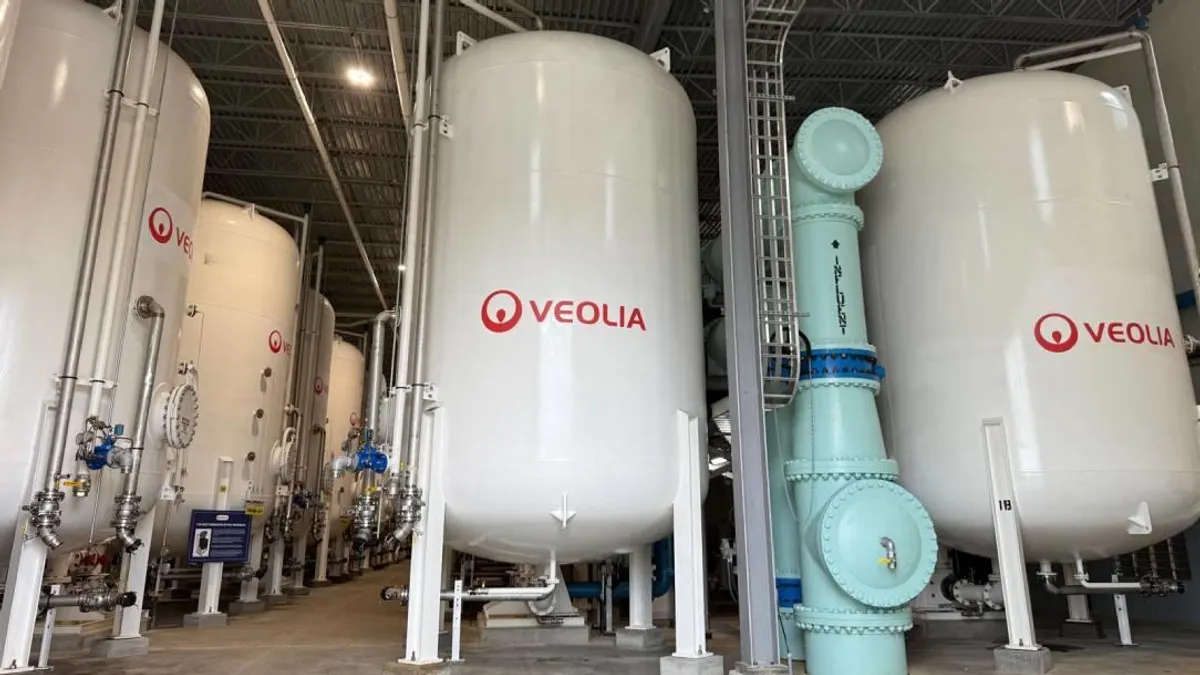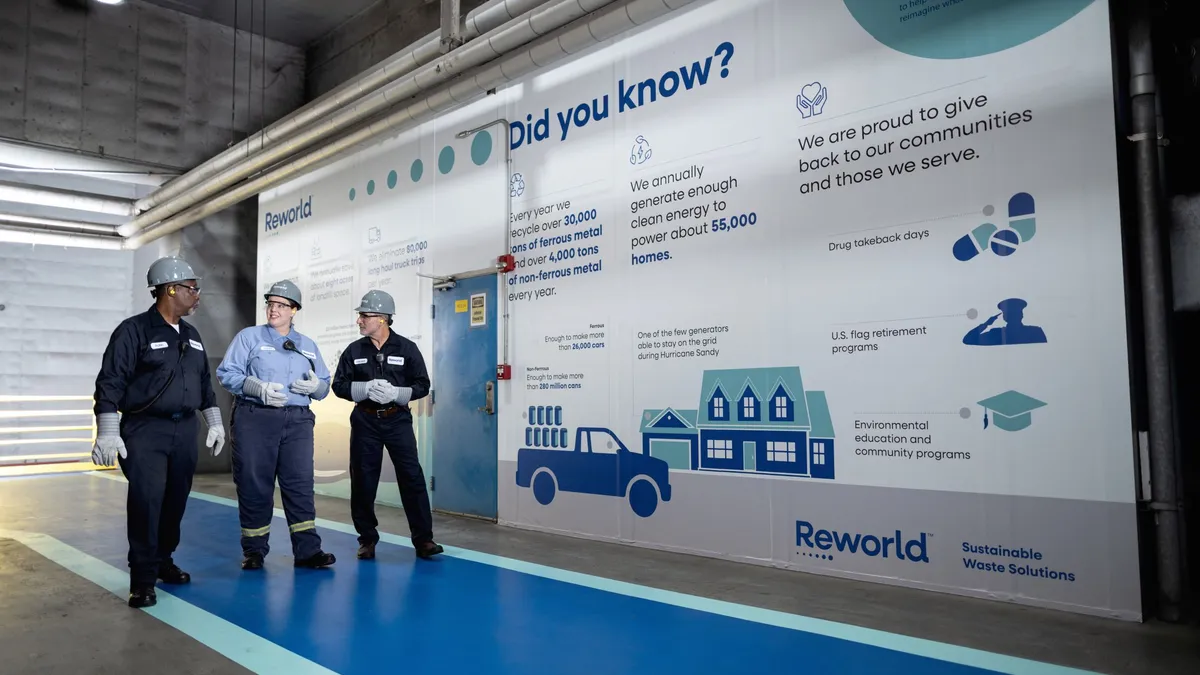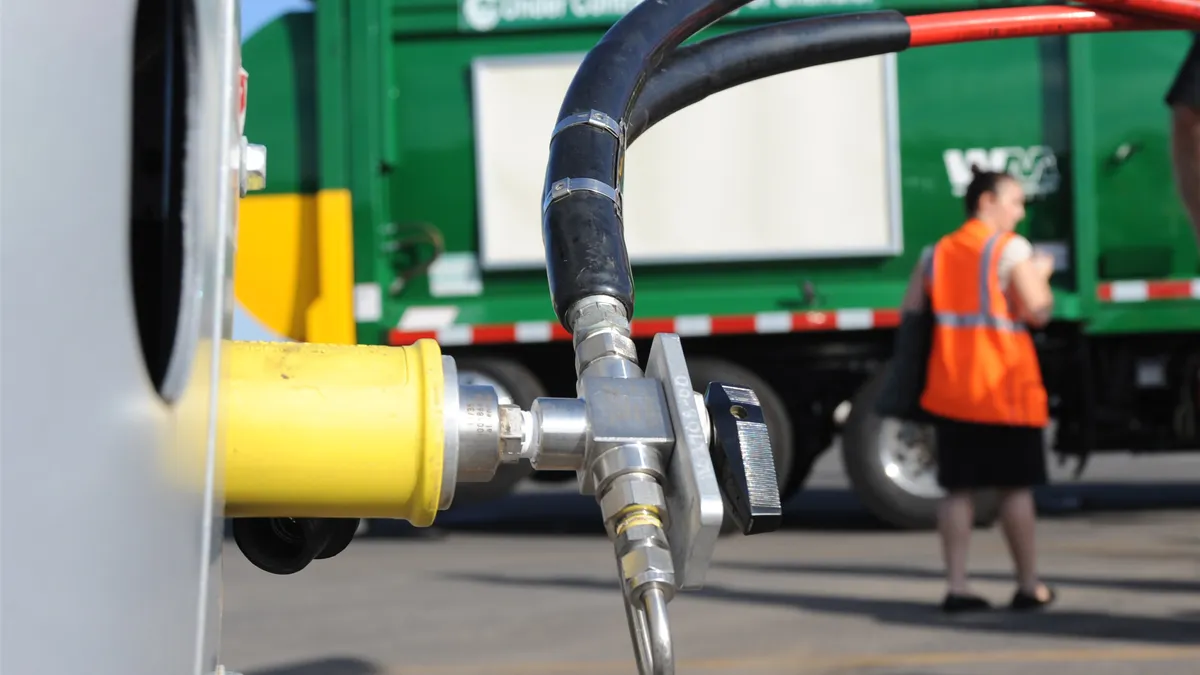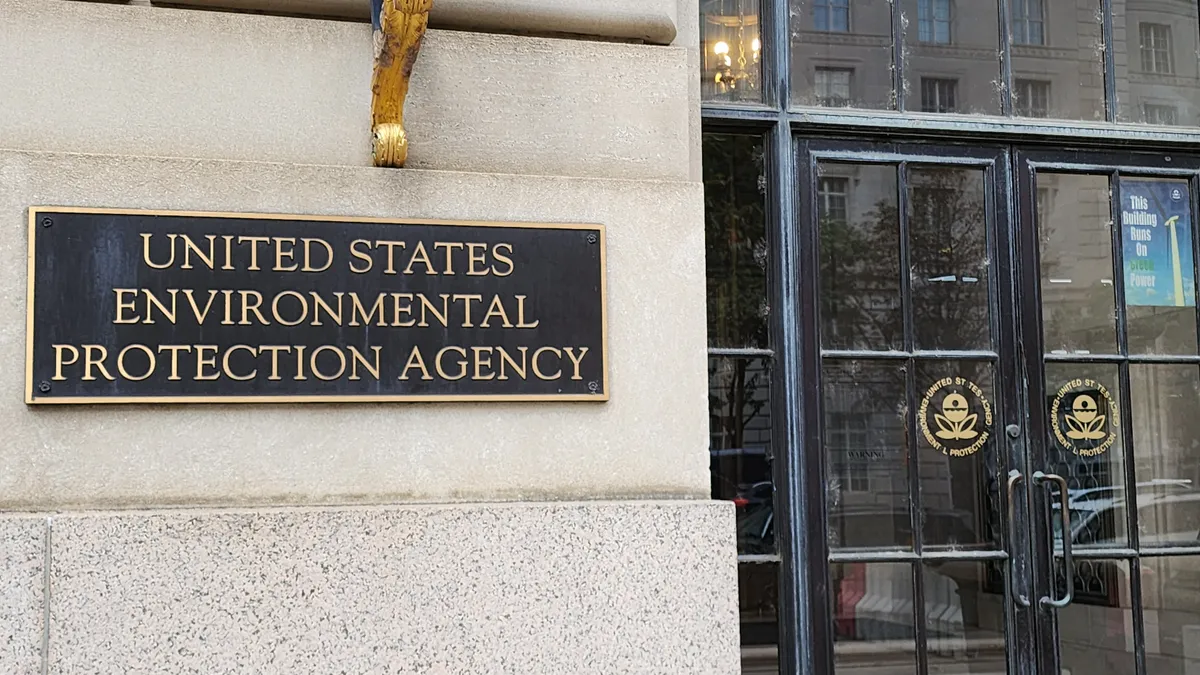Editor's Note: The following is a contributed piece. Information on what that entails and how you can submit is available here.
Rural recycling has always been a challenge in the U.S. and the recent global import restrictions have only made it harder. However, rural communities are nothing if not incredibly resilient. They’re accustomed to using non-traditional and community-driven tactics to address local issues.
In the U.S., there are approximately 34 million single-family homes in rural communities that don’t have access to recycling. According to the EPA, only 25.8% of an estimated 262.4 millions tons of solid waste generated was recycled in 2015. When composted materials are included, that number totals 34.7%. This is primarily because many Americans don’t have access to recycling resources where they live.
On top of this, China's ban on recycled imports has sent the U.S. recycling system into a tailspin –– causing more recyclables to be transported to landfills or burned at incinerators. Our country's recycling ecosystem seems to be collapsing, and in some rural communities, it has been obliterated.
One positive outcome of the Chinese ban is it has pulled back the curtain on how flawed the recycling system is and how it can be dramatically improved.

With a lack of nearby resources and the cost of recycling surging, small towns have had their recycling budgets slashed or completely eliminated, forcing them to take drastic actions such as reducing the list of materials considered "recyclable," eliminating drop off locations and ending curbside programs. A lack of options has resulted in previously recycled materials –– cardboard, paper, aluminum and more –– increasingly ending up in landfills.
Yet, one positive outcome of the Chinese ban is it has pulled back the curtain on how flawed the recycling system is and how it can be dramatically improved. Since the ban, public awareness has grown about our recycling industry and where these materials are ending up.
Ironically, the now closed Chinese market has opened an opportunity for homegrown entrepreneurialism and disruption in the traditional U.S. recycling industry. Startups, established organizations and nonprofits have heeded the call and are creating innovative solutions that will revolutionize the circular economy and meet the demands of our nation's modern day recycling needs.
Recycling has always been a challenge in rural communities
Rural recycling in the U.S. has been particularly difficult for three reasons: population size, population density and the proximity to MRFs.
It's not uncommon for a small town to put out a request for proposal (RFP) asking waste companies to bid on a recycling opportunity and not receive any bids back due to the lack of perceived profitability.

To start, traditional waste and recycling collection methods rely on expensive equipment. Residential side-loader trucks can cost an estimated $310,000, or more, and two-wheeled blue bins run around $100 each. This means that to be cost efficient and profitable, a recycling service needs to pick up materials from high-density housing neighborhoods in a short period of time. Rural communities have neither of these attributes, and rarely have accessible MRFs. It's not uncommon for a small town to put out a request for proposal (RFP) asking waste companies to bid on a recycling opportunity and not receive any bids back due to the lack of perceived profitability.
Historically, what exacerbates this issue is that a majority of rural communities have never had access to convenient and affordable recycling. So any new implementation efforts are typically slow going and rarely reach enough of the population to sustain the cost of the trucks and bins required.
Recycling in rural America will not be solved by using an urban approach
When recycling occurs in rural communities it is often run by family businesses who rally support within the community. These families use their pick-up trucks and trailers and recruit relatives to help. Family-run businesses may pick up recyclables from 100-200 homes just once per week, then haul them to the nearest MRF. Neighbors will typically pay a monthly fee, but usually only a small percentage of homes will sign up.
Because these trucks aren't typically used in rural communities it makes more sense to collect materials in bags that are more cost-efficient and easier to transport for rural residents.

Due to this reality, family-run recycling operations in rural communities can be rare. However, the good news is this model does work. Dozens of family-run recycling businesses across the country have successfully launched and sustained recycling programs.
Rural recycling can also be successful when it is embraced by the local government of a small town or county. Support from local officials can have a tremendous influence on the success and longevity of a recycling program. A government can provide public outreach programs on recycling tips to residents (i.e. what materials are recyclable, nearest recycling drop-off stations and how to reduce contamination rates). Or a municipality can partner with a recycling business and create awareness of the service by promoting it on social media channels.
Some local governments have facilitated drop-off stations where residents pay to bring their recycling. This generates revenue for the government and provides resources for residents who want to recycle. This can also benefit the municipality as it lengthens the lifespan of area landfills and reduces hauling/labor costs.
Other ways to improve rural recycling is to change the way it's collected. For example, those $100 recycling bins work well in high-density cities with automated collections. Because these trucks aren't typically used in rural communities it makes more sense to collect materials in bags that are more cost-efficient and easier to transport for rural residents.
Our country has a finite amount of resources and when recycling isn't accessible to every American, those valuable resources are wasted. The ability to recycle is a right that everyone should have – whether they live in a smaller, more remote community or in a large, densely-populated city. The U.S. has a responsibility to lead on recycling and this means making it accessible to all of its citizens. Recycling in this country is, and has always been, a community effort that will require action and support from all of us.
Ryan Smith is the CEO and Founder of Recyclops, a Utah-based startup that brings recycling to areas in the U.S. where it has been reduced or isn’t traditionally available, like rural communities or apartment complexes. Currently Recyclops serves 3,500 U.S. homes and plans to add 4,000 customers across 40 cities in 2019.

















